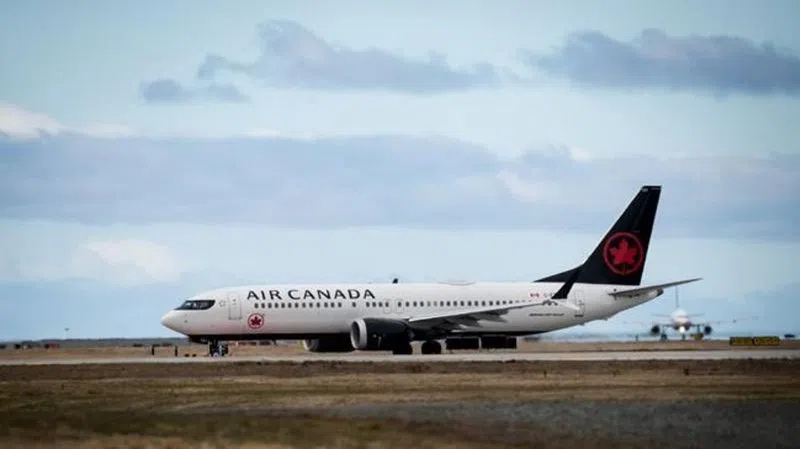
Canada’s nuclear watchdog eyes lessons from Boeing 737 Max air crashes
OTTAWA — Canada’s nuclear safety regulator is looking to draw valuable lessons from an unexpected source — the recent Boeing 737 Max airplane accidents.
A working group set up by the Canadian Nuclear Safety Commission has analyzed recommendations flowing from the Boeing crashes with an eye to spotting potential improvements that could just as easily apply to the atomic energy industry, an internal briefing note says.
Aviation authorities around the globe grounded Boeing 737 Max aircraft last March following two catastrophic crashes within five months.
Nuclear safety commission president Rumina Velshi says the agency is looking at how other industries and regulators are adapting to an era of rapid innovation.
